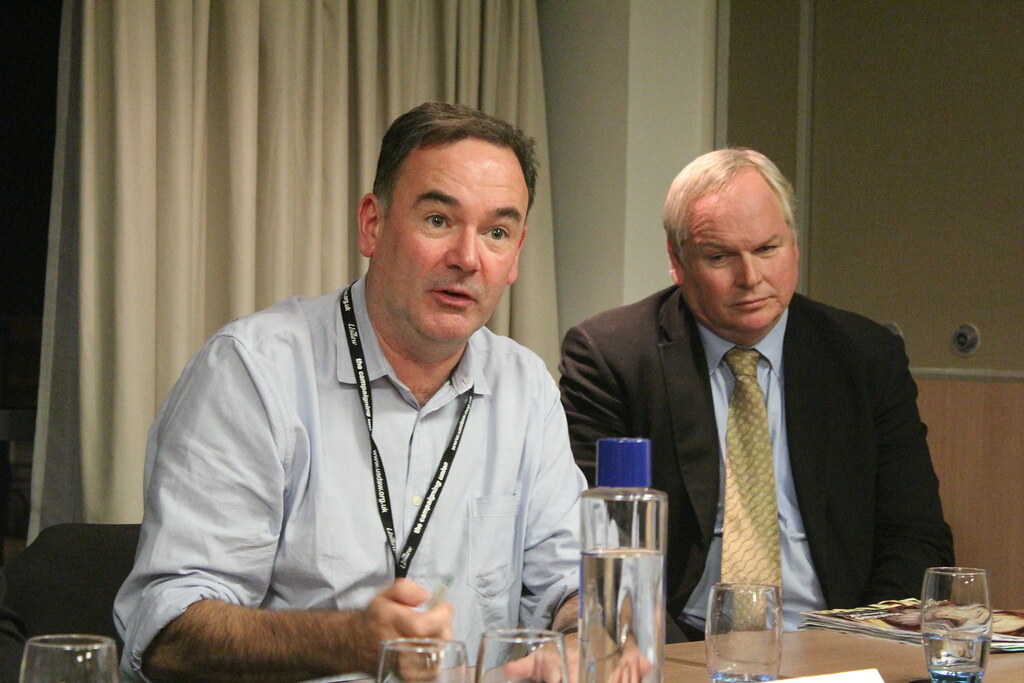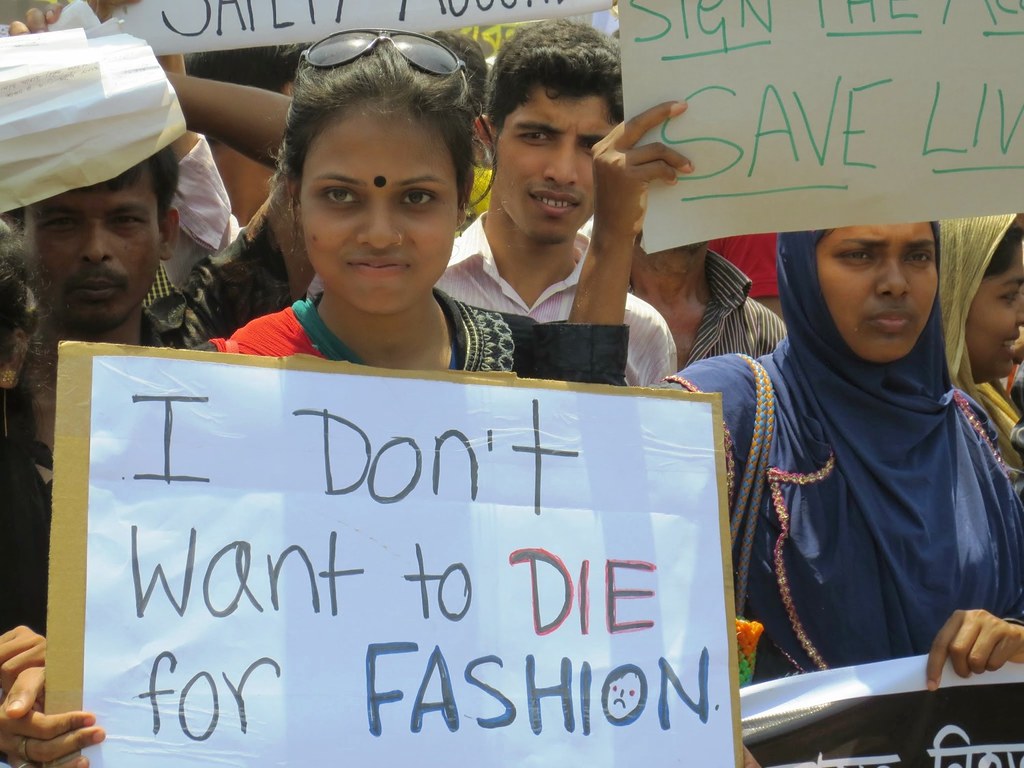Workplace surveillance is becoming increasingly common in an age of technology. At my workplace, this fear was confirmed when a short convivial conversation, while the boss was away, resulted in an alarming email warning that work was not a time for chatting. And if you thought this was an isolated example of a bad apple, it’s time to look again at the entire tree and see the rot.
Big corporations, like Amazon, already use surveillance to monitor workers, pushing them to work harder and stymie any attempts of workers to unionise. However, the practice is spreading, moving from warehouses into offices and, more worrying, homes.
Research by the Prospect Union demonstrates the severity of how workplace liberties have been compromised, particularly since the beginning of the pandemic. According to the trade union, one in three people are being monitored at work, including those who are at home. Earlier in the year, those working from home were being monitored by cameras at a rate of one in 20, but this has risen to one in seven.
Worse still, research by Opinium found that 24% of workers were monitored during lockdown whilst working from home. Workers are tracked with a variety of technology including, webcams and “keystroke loggers”, which work in the background of a computer and record everything from the content of emails to personal chats, allowing employers to see how workers behave during work hours.
Other software allows a deeper form of surveillance, allowing employers to take screenshots of an employee’s screen at any given time without workers being aware. The latest study was conducted amongst 2,400 workers and found that younger workers tended to be monitored by management more than their older peers. 80% of the study’s respondents believed that the usage of webcams to survey workers should be banned or deeply restricted.
Legally employers can only monitor workers if they have consented to it but, according to research by the TUC, only 1 in 4 feel they have the power to object or prevent new forms of surveillance being deployed by their bosses and, worryingly, only 29% were consulted about changes in advance.
The data illustrates the increasingly totalitarian nature of many employers, who willfully disregard the liberty and privacy of workers in a vain attempt to increase productivity. Lockdown has altered the geography of our work/life balance, imbuing employers with a sense of entitlement to interfere in worker homes. It shows the depth of the paranoia of employers and the control and ownership they exert over their employees. There is something fundamentally sinister about spying on people in the confines of their own home, a place where government surveillance would be met by public horror and disgust.
The nature of employers in a capitalist system is that they’re always searching for different ways to minimise the power and security of those they employ while pushing productivity in any way possible. The grotesque surveillance of workers is but the first step towards further violations of civil liberties yet, it remains detrimental to workers and businesses alike.
There are real health consequences to creating a workplace culture where workers are routinely spied upon. The knowledge that your boss is tracking your every action can create a feeling of paranoia and insecurity. Workers cannot flourish in a setup where their every action and movement is monitored and thereby controlled, where their behaviour is not organic but conditioned by relentless anxiety. The results of surveillance are predictably workers with reduced mental and physical health.
A report into Amazon’s practices concluded, “The corporation’s extensive and pervasive surveillance practices deter workers from collectively organizing and harm their physical and mental health”. Across 46 warehouses in the USA, 189 calls for emergency services were made between 2013 and 2018 for mental health incidents, including suicide attempts.
So far, only Portugal has passed legislation to defend workers against surveillance and draw new barriers between work and home life. The nation recently passed a bill stopping bosses from contacting workers outside of office hours and outlawed monitoring staff in their homes.
This should be a model for the rest of the world, which faces an evolving working environment in which corporations will exploit the legal ambiguity that enables them to escape the consequences of spying on employees within their own homes. There should be severe legal and financial consequences for companies who spy on their employees at home.
If legislative assemblies fail to act, workers must look for other solutions. One that is always an answer to when workers’ rights are being curtailed is encouraging the unionisation of a workplace. Workers who are part of unions are better protected and better paid and, they could be utilised to end surveillance in the workplace by putting collective pressure on snooping employers.
However, we should be considering why employers are so keen to impose a private ‘big brother’ on their employees, considering it is unlikely to increase productivity. Researchers from the University of Birmingham recently studied data on 20,000 workers. They determined employees with more autonomy have higher morale but also increase efficiency within the company by allowing them to cut back on unnecessary management and leadership roles.
This research helps explain why employees within worker-owned firms have much higher job satisfaction and, increasing the number of worker co-operatives would allow workers to abolish these practices if they wished. Worker co-operatives bring a level of automony and freedom far more natural to the human mind, helping us remain satisfied even with tedious or arduous work.
Our current view of the relationship between the employer and the employee is too fixated on the subordination of workers to those who hire them, leaving too many workers in Britain worryingly vulnerable to workplace abuse.
People being spied upon within their own workplaces without their knowledge is sinister enough. Being watched without their consent within the confines of a place they call home is beyond that. What Prospect have raised should outrage all of us – and should prompt action to protect workers from it occurring again.





